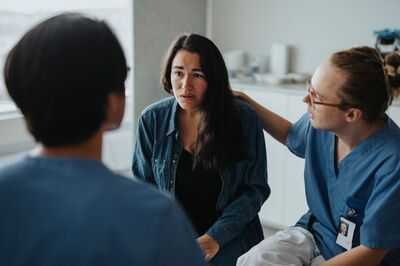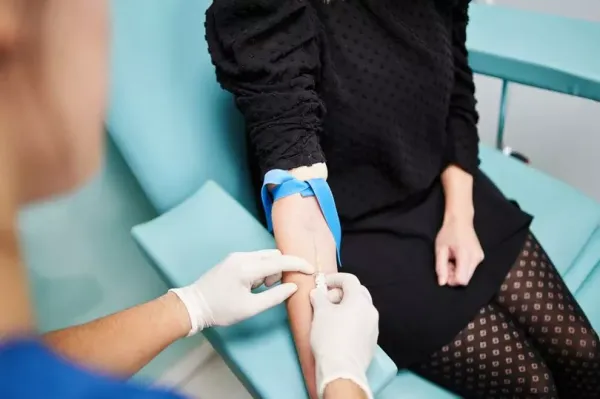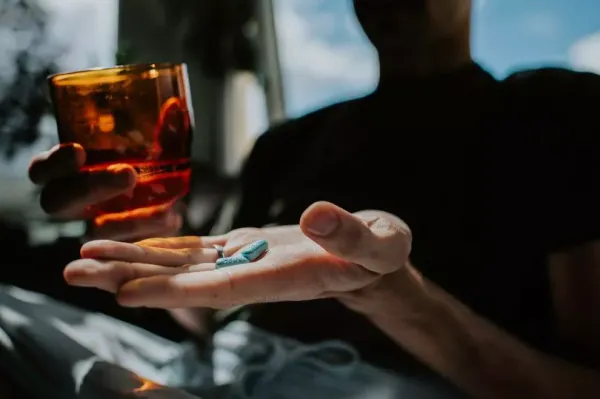
The UK Health Security Agency has issued a reminder to people urging them to check their HIV status through free tests and treatment on the NHS. The testsare offered in avariety of forms, with some even offering same-day results.
Taking to X, the UKHSA posted: “HIV can affect anyone, no matter your gender or sexual orientation. Here’s a reminder of the different ways to get tested.”
The alert was accompanied with a short video noting: “HIV testing and treatment is provided to anyone free of charge on the NHS. Many clinics can give you results on the same day. Home testing and home sampling kits are also available.”
- Netflix adds 'most polarising movie of the year' with twist ending no-one saw coming
- NHS advice on two tell-tale mouth signs of vitamin B12 deficiency
“If you are having sex with new or casual partners, you may be eligible for PrEP. This drug is free and stops HIV transmission during sex.”
HIV, or the human immunodeficiency virus, weakens a person’s immune system, putting them at risk of serious illness. While there’s no cure, modern treatments allow people with HIV to live long lives.

Symptoms include:
- Sore throat
- High temperature
- Swollen glands
- Muscle aches
- Tiredness
- Skin rash
The NHS recognises that these vague symptoms can be caused by a variety of less serious and more common conditions too. However, many people may not have other symptoms of HIV for years, leaving them completely unaware that they have a life-threatening condition unless they go for testing, according to the NHS.
Places that offer HIV tests:
- A&E
- Some clinics run by charities such as the Terrence Higgins Trust
- Some family planning or contraception clinics, also known as sexual health clinics
- Some young people’s services
- Antenatal clinics
- Local drug dependency services
- Pharmacies that provide home testing kits
- Private clinics, where you’ll have to pay

More information on HIV testing can be found on the NHS website. Free, at-home tests can also be bought online through the NHS’ HIV testing websitealthough this service is only available to people meeting the eligibility criteria.
If left untreated, the virus can seriously damage the immune system, making people more vulnerable to illnesses like tuberculosis, pneumonia and cancer. Although there is currently no cure, there are treatments which can be extremely effective.
The virus can be spread through vaginal, anal or oral sex and by sharing needles with someone who has HIV. If you believe you’ve been exposed to HIV in the last 72 hours, clinic staff or your local A&E should be able to offer you emergency medication which may stop the infection from setting in.
People who are HIV positive but are undergoing an effective treatment and have an undetectable viral load, which is an extremely low level of the virus in their blood, cannot normally pass it on to someone else.
-
If you commit these 5 mistakes during Tulsi Puja in the month of Kartik, you will not get virtue, it can become the cause of trouble.

-
Jisoo and Zayn Malik release new song “Eyes Closed”

-
Friends Open Joint Bank Account So They Can Vacation Together Every Year

-
These 5 Zodiac Signs Have Better Horoscopes Than The Rest On October 11, 2025

-
Bali no longer Asia’s most beautiful island
